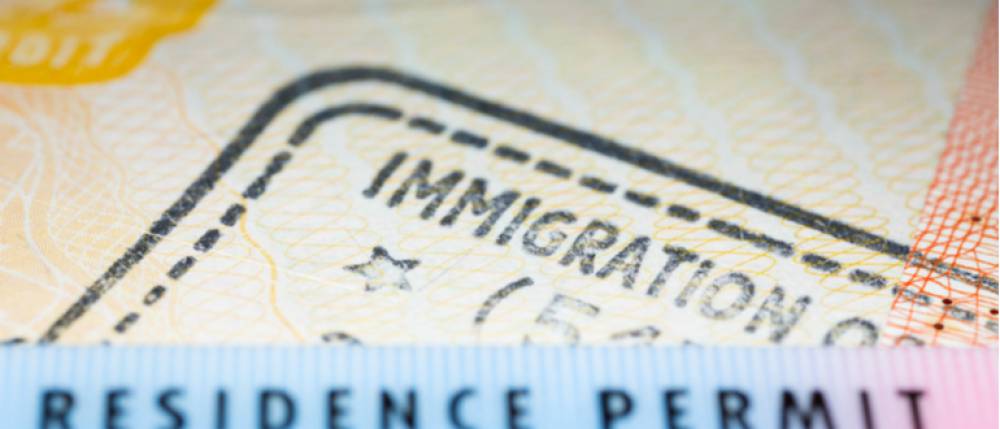Over the years Indian migrants migrated to developed countries searching for job opportunities, education and healthcare benefits, a higher standard of living and even political stability. Millions of Indians migrated overseas in the decade following independence to escape poverty, inequality, and unemployment. The United States, United Kingdom, Canada, Australia, New Zealand, European Union countries, and Gulf countries were safe havens for the tidal wave of migrating Indians.
However, in today's world, migrants and their decisions are more influenced by the aspirations of the world's growing middle-class and business community. Thanks to advances in technology and communication, traveling and migrating to a favorite destination has become much easier and more accessible. Furthermore, it is far more manageable for migrants to connect with family, visit, or send money by utilizing robust technologies and relatively inexpensive transportation.
Reasons for Rapid Changing Immigration Trend
The following are the leading causes behind the current shift in immigration trends:
COVID-19 Pandemic: Over time, the pandemic has significantly impacted the world's demographic trajectory. The pandemic's economic consequences have delayed the expected rise in salaries, which would have allowed more people to relocate from the impoverished countries.
Financial Resources Are Scarce: Driving factors such as population increase, urbanization, and climate change have the greatest impact in developing countries, where many people lack the monetary resources to emigrate far off from their homes. As a result, several migrants are forced to relocate within their own country or region.
Better Urban Infrastructure: Improved urban planning is mitigating some of the negative consequences of rapid urbanization in developing countries and discouraging prospective emigrants from leaving. Urban areas generate more than 80% of global GDP and provide people with greater access to employment, education, and health care. City living is frequently related to increasing literacy, a higher life expectancy, and greater opportunities for democratic engagement.
Cultural and Political Resistance: Strong cultural preferences for preserving ethnic homogeneity and national identity continue to fuel widespread outrage to a large influx of migrants, even in countries that desperately need the flow of working-age adults. As a result, a few political leaders use public sentiment to advocate for or enact policies to fuel migration.
Indians Immigrating to Other Countries
Covid 19 pandemic has resulted in a significant shift in preference toward other developed countries. Due to the low population and skilled labor shortages in countries such as New Zealand, Australia, Japan, Germany, Italy, and other European countries, Indians are now attempting to migrate to these countries. Many countries have enhanced their immigration schemes and made the application process more efficient.
Approximately 13.6 million Indians work in the GCC (Gulf Cooperation Council) states, according to the latest estimates from the Indian government. They are mostly employed in low-wage, semi-skilled jobs but also in high-skilled jobs. Migrant remittances play a critical part in the domestic economy of many Indian states, including Tamil Nadu, Andhra Pradesh, and Kerala, as well as Uttar Pradesh, Bihar, and Gujarat. In terms of absolute remittances, India ranks top in the world.
In addition to skilled immigration, these developed countries provide visa pathways for business professionals such as investment visa, startup visa, golden visa, entrepreneur visa and self-employed visa. These countries meet the needs of a broader segment of society and provide a tremendous opportunity for skillful and working professionals.
Presently, Indians are the biggest migrating group in Canada, the United States, and the United Kingdom, but Indians will eventually overtake the other countries' immigration charts. Therefore, whoever plans to migrate or visit a foreign land should always keep Travel Insurance handy as it will save you in any unforeseen circumstances. Care Health Insurance offers International Travel Insurance Plan to keep you safe from unwanted expenditures in a different country.
Disclaimer: Plan features, benefits, coverage, and claims underwriting are subject to policy terms and conditions. Kindly refer to the brochure, sales prospectus, and policy documents carefully.
